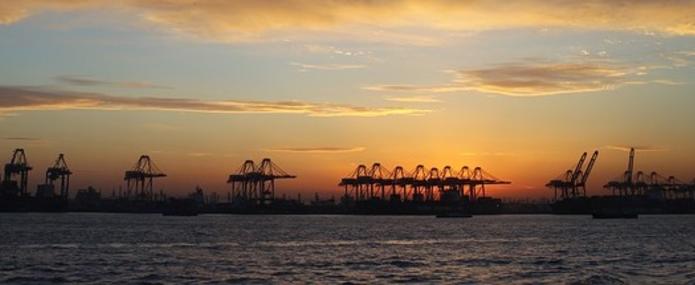Offshore oil and gas activities account for almost a third of global oil output and a quarter of gas output. They are major contributors to global energy supply. Some parts of the world, that were so far relatively untouched by these activities, are now seeing the significant and rapid development of this economic sector; this is particularly true in West Africa, where some major gas discoveries have been made in recent years. Off the coast of Mauritania and Senegal, for example, the exploration of certain wells has revealed reserves of up to 425 billion m³. The first exploration operations are expected to begin in 2022. Alongside climate change issues, the intensification of these activities and their multiplication in these new regions is resulting in an increase in threats to the marine environment and to local populations.
In this context, a few years ago IDDRI began work on the international governance of offshore drilling activities, highlighting gaps in the international legal framework. Based on this research, IDDRI was tasked by the MAVA Foundation with coordinating a project in West Africa, COBIA, aimed at bringing together actors in the region to ensure that where these offshore activities are developed, they take into account issues regarding marine environmental protection, rational resource management and positive impacts for local populations.
Through the contribution of key partners (BirdLife International, Regional Partnership for Coastal and Marine Conservation in West Africa [PRCM], Abidjan Convention Secretariat), the goal of the project is to gain a full picture of the offshore oil and gas exploration and production sector. The project thus focuses on developing scientific knowledge of the marine environment and monitoring the impacts of offshore drilling activities, strengthening stakeholder capacities, developing response plans in case of marine oil spills and, finally, ensuring oversight for these activities, whether public (national and regional regulations) or private (corporate social responsibility). Through this project, IDDRI contributes to identifying and implementing activities aimed at setting the offshore sector on the path to marine ecosystem protection. At the same time, IDDRI also contributes, through the organisation of expert workshops and informal meetings, to developing reflections and dialogues on the offshore sector to address climate objectives and the challenges of protecting biodiversity at the international level.


